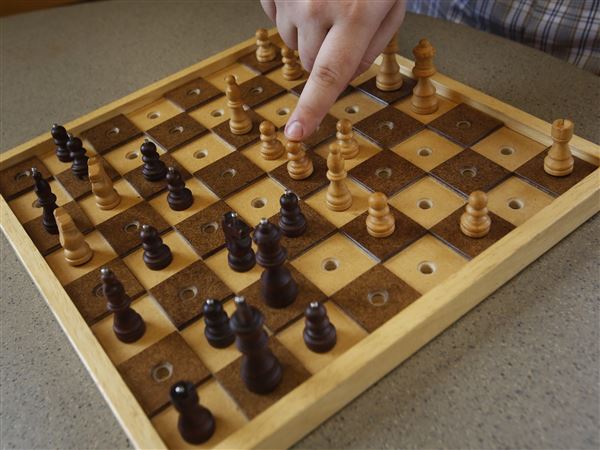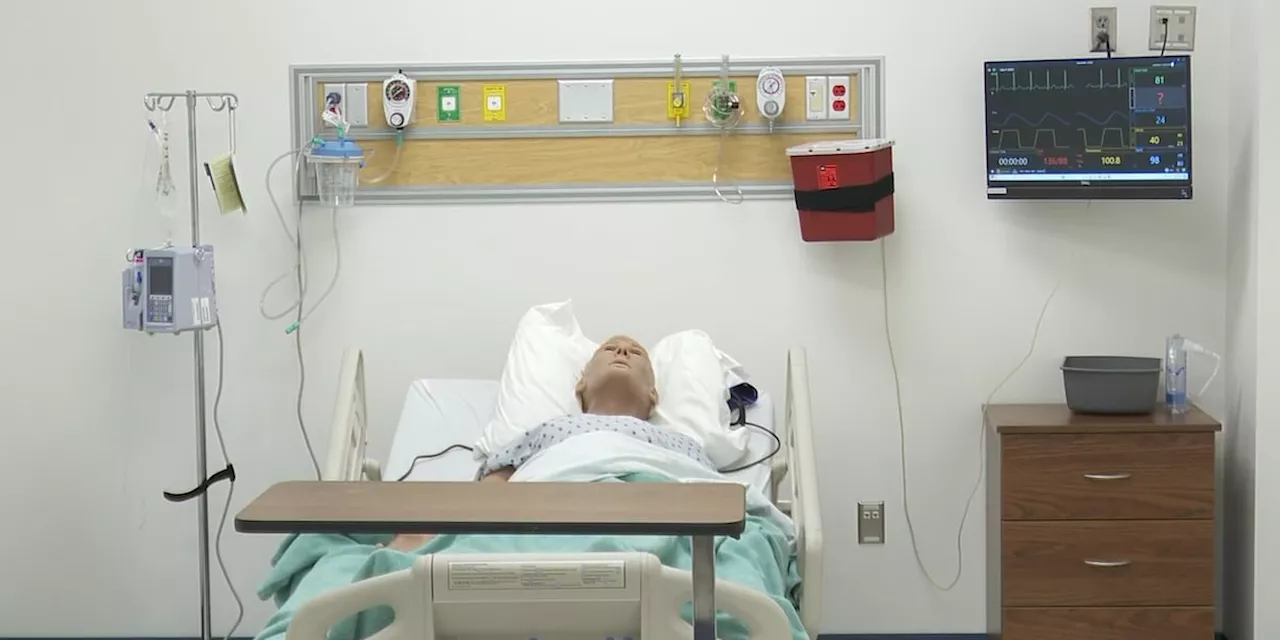
As people age, engaging in mental exercises can significantly contribute to maintaining cognitive health and potentially delay the onset of dementia. Local health experts emphasize the importance of “moving it or losing it” when it comes to brain activity, highlighting how mental challenges can help stave off cognitive decline.
Importance of Mental Stimulation
Research indicates that ongoing mental engagement can be beneficial for brain health. Activities such as puzzles, memory games, and problem-solving tasks stimulate cognitive functions and may improve memory retention. According to Dr. Sarah Thompson, a neurologist based in Sydney, “Regularly challenging the brain with new activities can forge new neural connections, which is crucial as we age.”
Experts suggest that incorporating mind games into daily routines can be an enjoyable way to enhance mental agility. For instance, participating in activities that require strategic thinking, such as chess or bridge, can sharpen cognitive skills and promote social interaction. These social dynamics are equally important, as they provide emotional support that contributes to overall brain health.
Statistics on Dementia and Aging
The World Health Organization reports that the number of individuals living with dementia is expected to reach 152 million by 2050, a significant increase from the 57 million recorded in 2019. This alarming trend underscores the necessity for preventive measures, including mental exercises, to combat the rising risk of cognitive disorders.
In a recent study conducted by the National Institute of Health, participants aged 60 and older who engaged in regular cognitive activities were found to have a 30% lower risk of developing dementia compared to those who did not. This data solidifies the argument for incorporating brain games into everyday life.
Health professionals urge communities to offer programs that promote cognitive wellness. Activities such as workshops, group classes, and community events focused on cognitive challenges can foster an environment conducive to mental stimulation, benefiting both individuals and society as a whole.
Moreover, the aging population is increasingly encouraged to embrace technology as a tool for brain exercise. Interactive apps and online platforms offer a plethora of games designed to enhance cognitive skills. By utilizing these resources, older adults can conveniently engage their minds from the comfort of their homes.
In conclusion, prioritizing mental exercises through engaging activities is essential for promoting brain health as individuals age. The potential to delay the onset of dementia through simple, enjoyable practices highlights the importance of maintaining mental agility. As health experts continue to advocate for cognitive wellness, the message remains clear: keep the mind active to foster a healthier, more resilient future.






